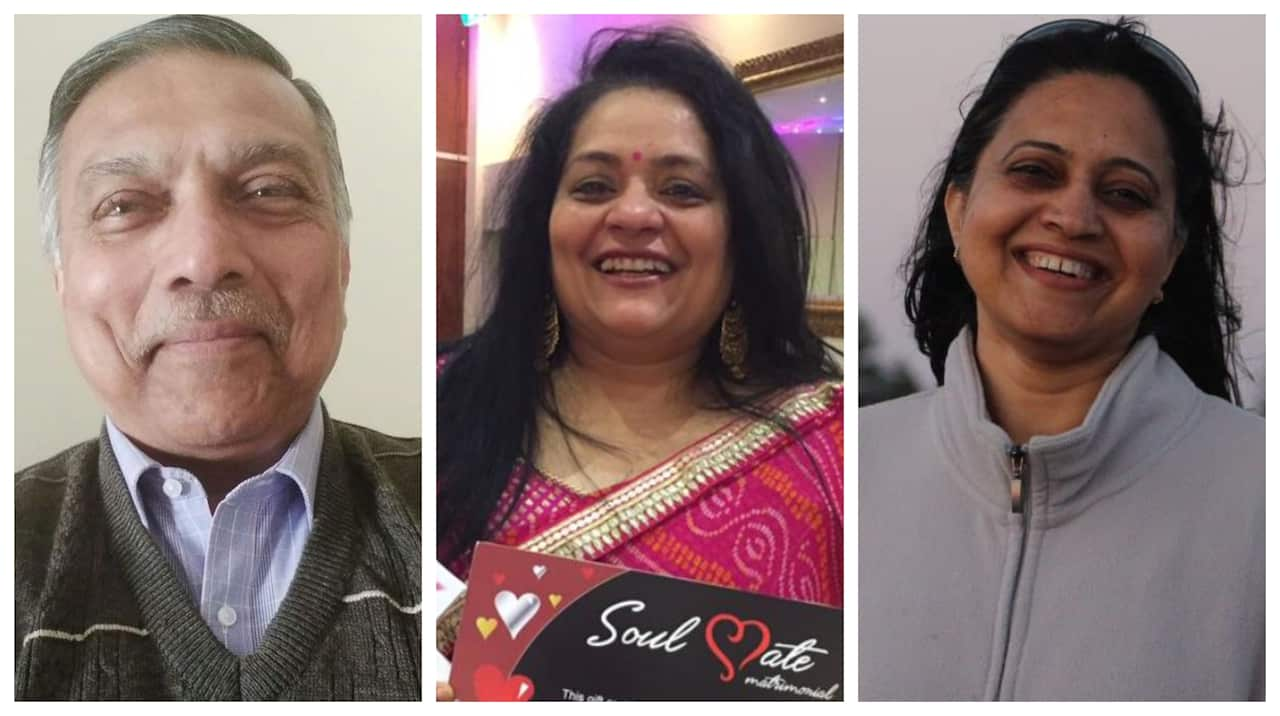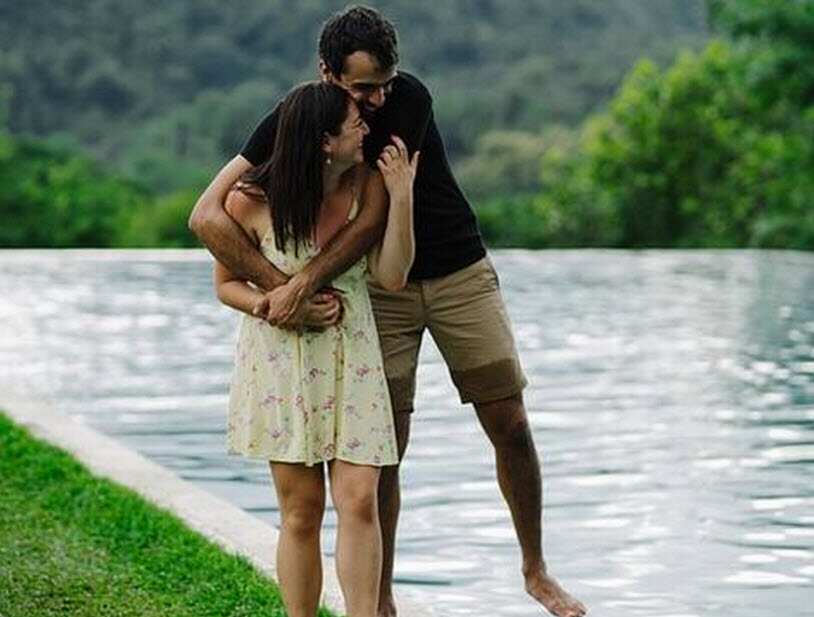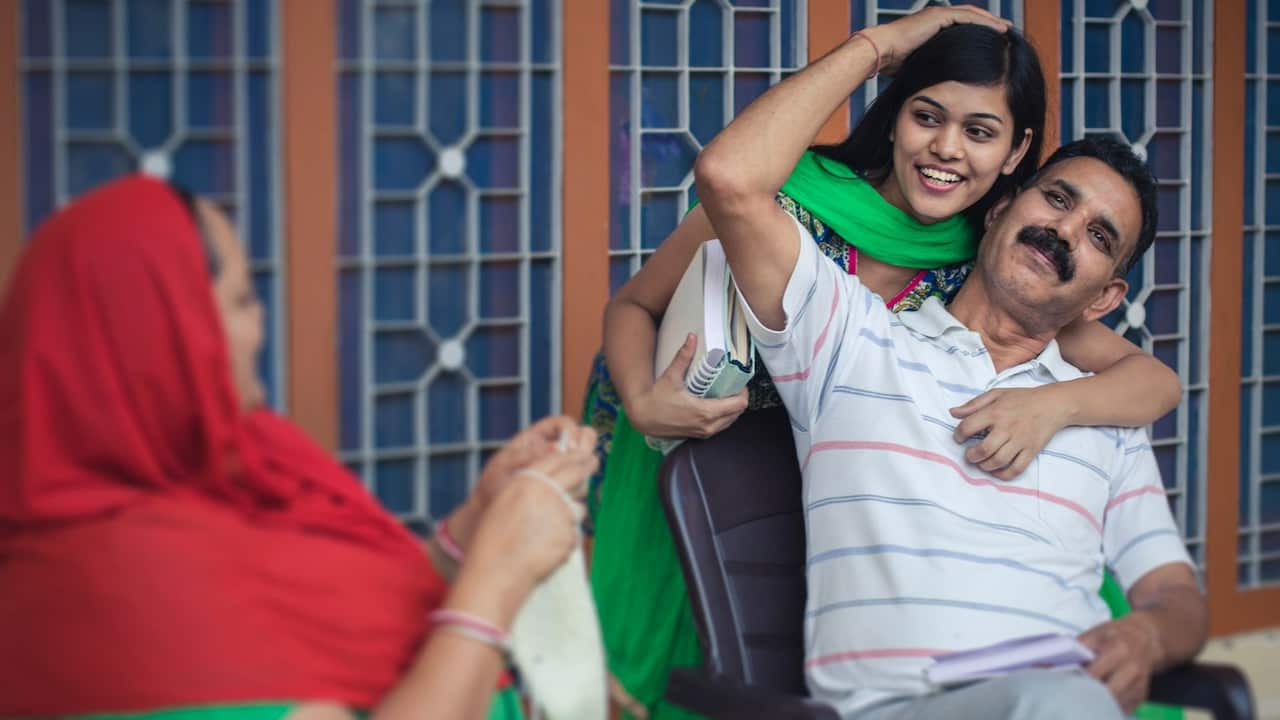Finding a life partner is a major event for many and there's no shortage of information and matchmaking services to aid the process. Traditionally, many would marry by the time they were 23 or 24 years old, but increasingly that trend appears to be happening later.
“The youth today is more focused on their studies, their careers," says Dipak Mankodi. "They want to get settled in life before they search for a life partner.”
“I’ve recently noticed that the youth of today believes more in equality than the previous generations did. Youngsters today respect each other and look for partners who are equally qualified as them and share the same views as them,” says Perth-based Kirtida Shah.
"Caste is another aspect where youngsters aren’t as rigid as their parents were back in the day."
Parul Mehta, who runs a matrimonial service in Sydney says he thinks youth today are more accepting and don't mind meeting prospects from a different caste or community. He says they also take their time to get to know each other and decide how and in what manner the two of them would blend with their families and friends.
An increasing phenomenon popular in Indian communities is of 'arranged-cum-love marriages' - a couple meets via a matrimonial setting, they spend time together getting to know each other, hopefully, fall in love and then get married.
Are youngsters preferring arranged over love marriages?

Matrimonial matchmakers in Australia Source: Supplied
"At that stage, they seldom find any success via online dating or via any other means and thus, since the past five to seven years, more youngsters are leaning towards arranged marriages." According to Kirtida, while they are opting for arranged marriages, youngsters are managing to do that on their own terms. "They do not want their parents to look for a partner for them," she says. "In fact, some youngsters get themselves enrolled at these matrimonies and search for a compatible partner. They get their parents involved only at a later stage."
According to Kirtida, while they are opting for arranged marriages, youngsters are managing to do that on their own terms. "They do not want their parents to look for a partner for them," she says. "In fact, some youngsters get themselves enrolled at these matrimonies and search for a compatible partner. They get their parents involved only at a later stage."

Source: Pixabay
“Earlier, youngsters were worried about what kind of partner their parents would select for them," says Parul. "But today, the relationship that parents and their young kids share is much more casual. Youngsters are much more comfortable voicing their opinion and preferences to their parents. So this process is much more collaborative now.”

Source: Getty Images
Challenges of arranged marriages
While every relationship and every marriage has its own challenges and compromises, arranged marriages have a list that is slightly different.
"Youngsters today prefer to look for a partner who lives in their own city or state at least," says Dipak. "They do not prefer to travel to another country or state."
And this gives rise to another problem.
"Our (Gujarati) community in Australia is not that big and thus, finding a suitable partner in the same city is becoming a big challenge today. Food habits are another common challenge. If one person is a vegetarian, they prefer to select a partner who is vegetarian too. Getting references for a person and their family is also getting tougher by the day." What is a reference you ask? Dipak states that marriage is a union of not just two individuals but of two families. So once a couple decides that they want to get married, their families run a background check on each other. They try to learn more about each other and find out about their reputation in the samaaj (community).
What is a reference you ask? Dipak states that marriage is a union of not just two individuals but of two families. So once a couple decides that they want to get married, their families run a background check on each other. They try to learn more about each other and find out about their reputation in the samaaj (community).

Source: Getty Images
Kirtida emphasizes another aspect which is, youngsters today do not appear to attend as many social or communal events or gatherings. Hence, they do not get the chance to mingle with people of their age from their own community and thus, it is a challenge for them to meet in an organic fashion.
Focus on studies, work, visa
"This is one of the main reasons they rely on matrimonial set-ups to help them find a partner," she says.
"For a majority of the youngsters who come to Australia as students, they have to focus on their studies, on getting a job and a work visa, on obtaining permanent residency and then finally obtaining citizenship. So they spend the majority of their twenties in this struggle and thus, do not get much time to attend any social events or to socialize with people from their community. So by the time they decide to get married, they haven’t had many opportunities to meet anyone from their community who they would find suitable for themselves."
For Parul, youngsters who have grown up in Australia prefer to get married to a partner who also has had the same upbringing. He thinks the reason behind this preference is that no matter how many times they meet each other or how well the families know each other, expecting a person to come to Australia from India and getting accustomed to the social cues and norms here is a very big ask and challenge.
What's your take? Do you agree on the points mentioned by Dipak, Kirtida and Parul?


